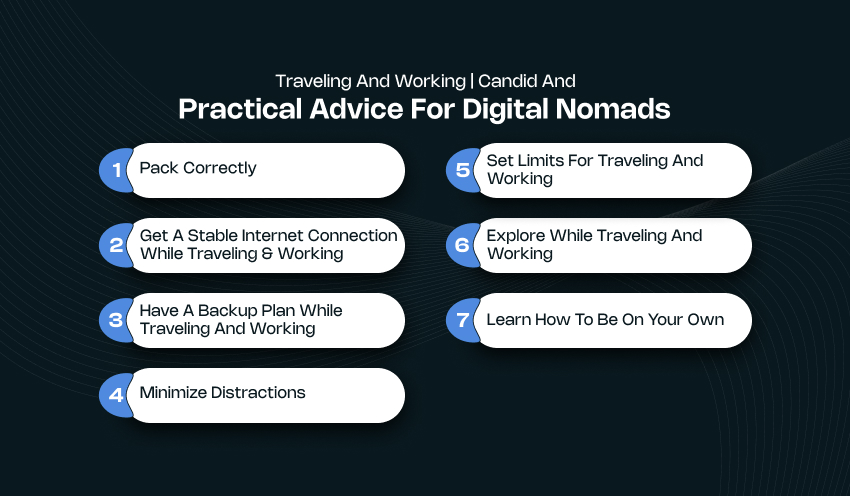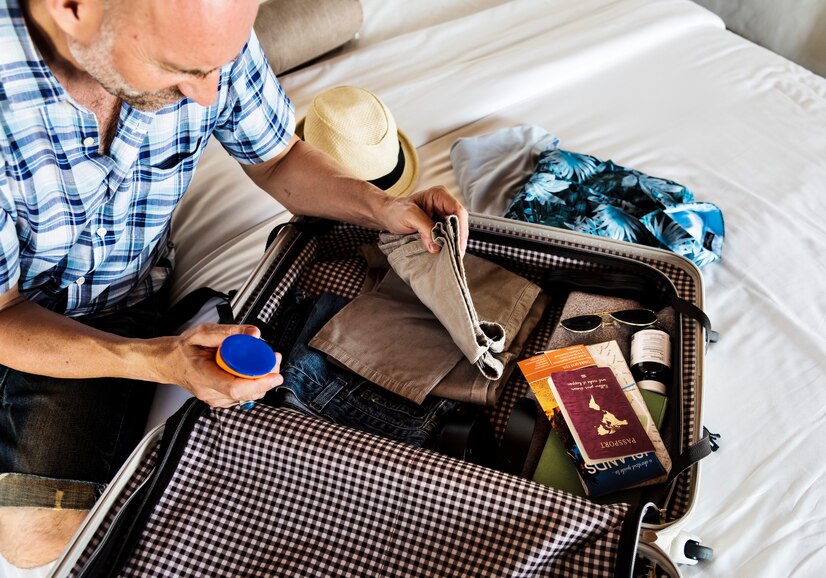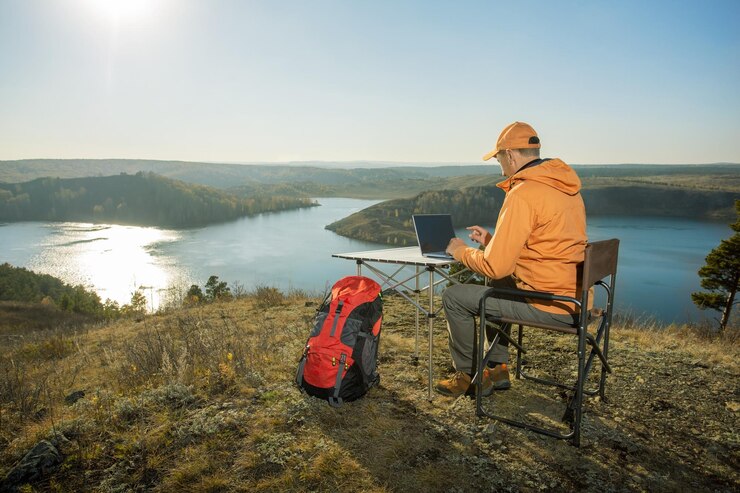Navigating The World: 6 Travel Tips For Women Hoping For A Comfortable Trip
BY Shahnawaz Dec 19, 2023
Embarking on a journey is an exhilarating experience, offering the promise of new cultures, breathtaking landscapes, and unforgettable adventures. For women travelers, however, navigating the world comes with unique considerations to ensure a safe and comfortable trip. From cultural nuances to personal safety, here are six essential travel tips that can empower women to make the most of their journeys and create lasting memories. Research and Respect Local Customs Before setting foot in a new destination, take the time to research and understand the local customs, traditions, and social norms. This knowledge will enhance your overall travel experience and help you blend seamlessly with the local culture. Understanding and respecting local customs is crucial, including choosing petite women's dresses that align with cultural expectations. Respectful attire, for example, is crucial in many conservative societies, so familiarize yourself with dress codes to avoid unintentional cultural misunderstandings. Additionally, be aware of any gender-specific expectations and adapt accordingly. In some countries, there might be designated areas or times for women, and respecting these guidelines is essential. Demonstrating cultural sensitivity, you respect the local population and enhance your safety and comfort throughout your journey. Choose Accommodations Wisely Selecting suitable accommodation can significantly impact your overall travel experience. Opt for well-reviewed hotels or guesthouses with a reputation for prioritizing safety and hospitality. Female travelers may find women-only accommodations or female-friendly services and amenities particularly comforting. Many establishments now focus on creating a secure and welcoming environment for solo female travelers, providing extra comfort during your stay. When booking accommodation, consider its location as well. Choose lodgings that are centrally located or in safe neighborhoods, especially if you plan on exploring the area on foot. Prioritize accommodations with secure entrances and 24-hour reception services for peace of mind. Trust Your Instincts Intuition is a powerful tool. You must trust your instincts as a woman traveling alone or with a group. Don't hesitate to remove yourself from the environment if a situation feels uncomfortable or someone gives you a bad vibe. Whether it's a crowded market, public transportation, or a social setting, prioritize your gut feelings and take proactive steps to ensure your safety. Before traveling, share your itinerary with a trusted friend or family member, providing them with regular updates on your whereabouts. Use apps that allow real-time location sharing or check-ins, and utilize technology to stay connected. Having a reliable support system back home can be invaluable in emergencies. Stay Informed on Local Transportation Understanding the local transportation options is crucial for a smooth and comfortable journey. Research public transportation systems, taxi services, and ride-sharing apps available at your destination. Familiarize yourself with safe and reliable modes of transportation, and be cautious when using unfamiliar services, especially during late hours. If you're exploring a city on foot, plan your routes and avoid poorly lit or secluded areas. Carry a map or use a navigation app to minimize the loss risk. Learning a few basic phrases in the local language can be especially helpful when communicating with drivers or asking for directions. Pack Smartly Packing efficiently is an art that can significantly contribute to a woman's comfort while traveling. Consider the climate and cultural expectations of your destination when selecting clothing. A versatile wardrobe that includes modest and respectful attire is often a safe choice. Pack essentials like a comfortable pair of walking shoes, a reusable water bottle, and any necessary medications. In addition to physical items, equip yourself with essential information. Save emergency contact numbers, local embassy details, and addresses on your phone or a physical copy. A portable charger is also a valuable accessory to ensure your devices stay powered throughout your journey. Connect with Fellow Travelers Solo travel can be enriching, but connecting with other travelers can enhance your experience and provide an added layer of safety. Join online communities or forums dedicated to women travelers to exchange tips, and advice, and even meet up with like-minded individuals during your trip. Hostel common areas, group tours, and social events are great opportunities to meet fellow travelers and create a sense of camaraderie. Building connections with locals can be equally enriching. Engage in conversations, attend local events, and be open to new friendships. Locals often offer valuable insights, guidance, and even a helping hand, making your journey more memorable and enjoyable. That’s A Wrap Embarking on a journey as a woman should be an empowering and liberating experience. By being proactive, informed, and culturally aware, you can confidently navigate the world and make the most of every travel opportunity. Whether you're a seasoned adventurer or a first-time explorer, these six travel tips ensure comfort, safety, and enjoyment as you embrace the world's wonders. Read Also: Which Is The Largest Freshwater Lake In India? What Is Universal Pass? – Registration, Application, And Login Top Zaxby’s Chicken Fingers & Buffalo Wings -Reviews, Pricing & Menu














